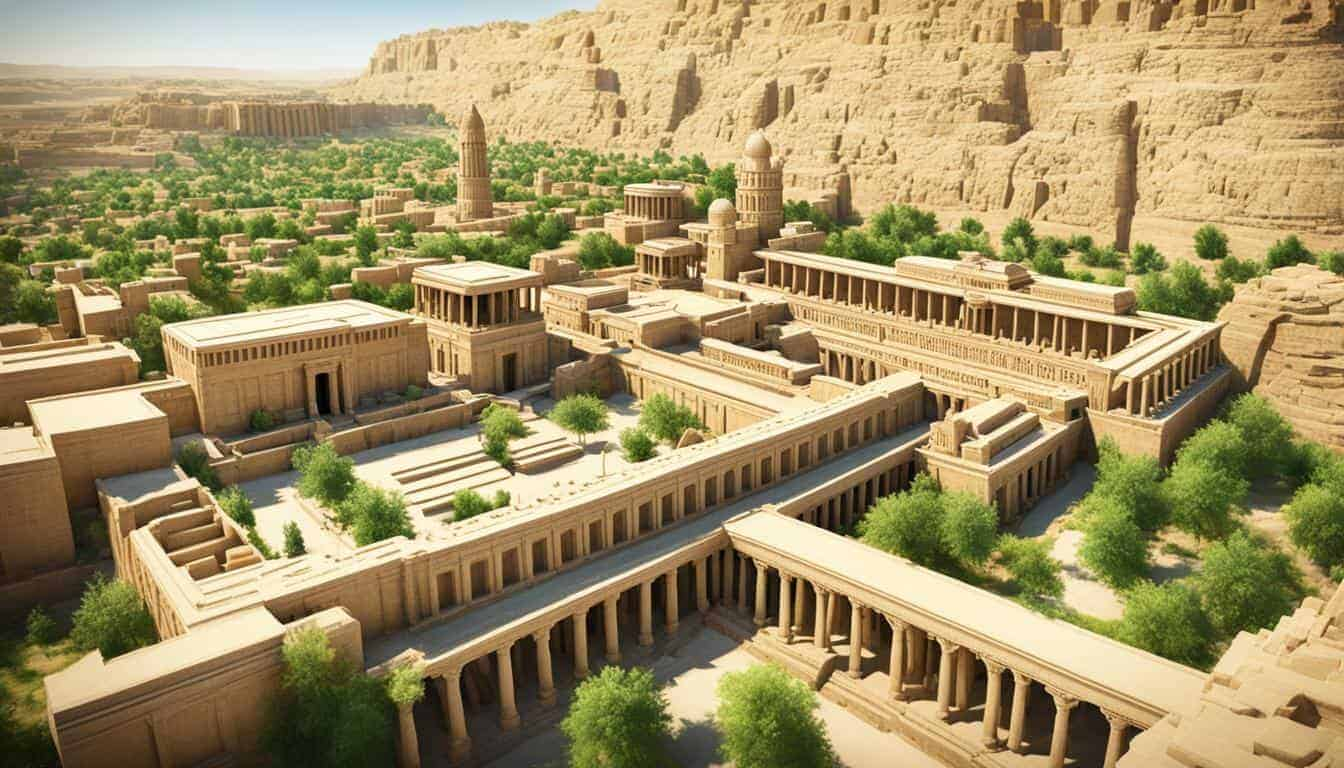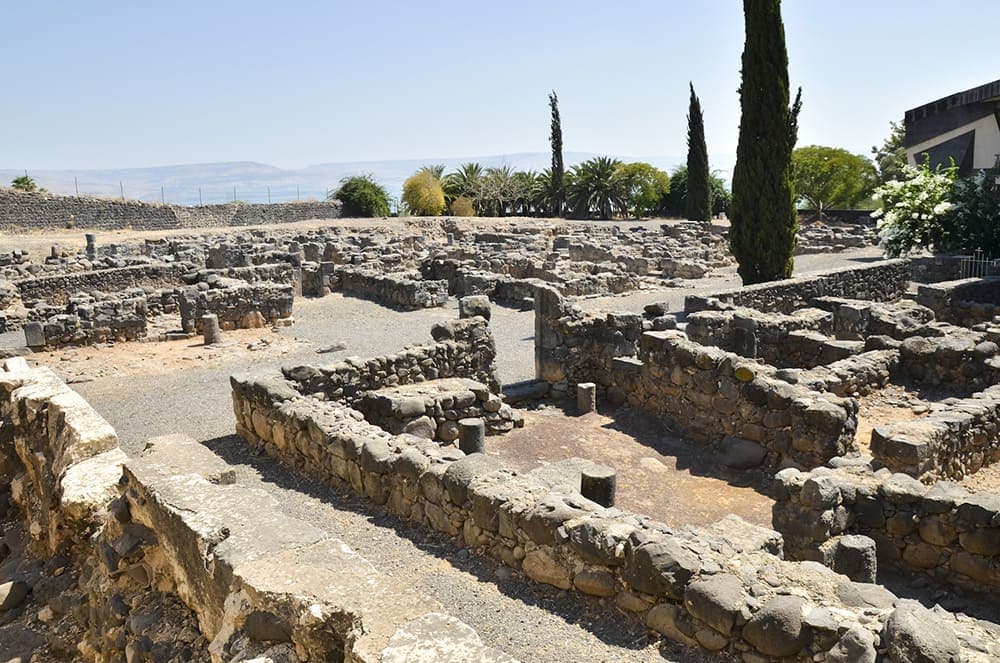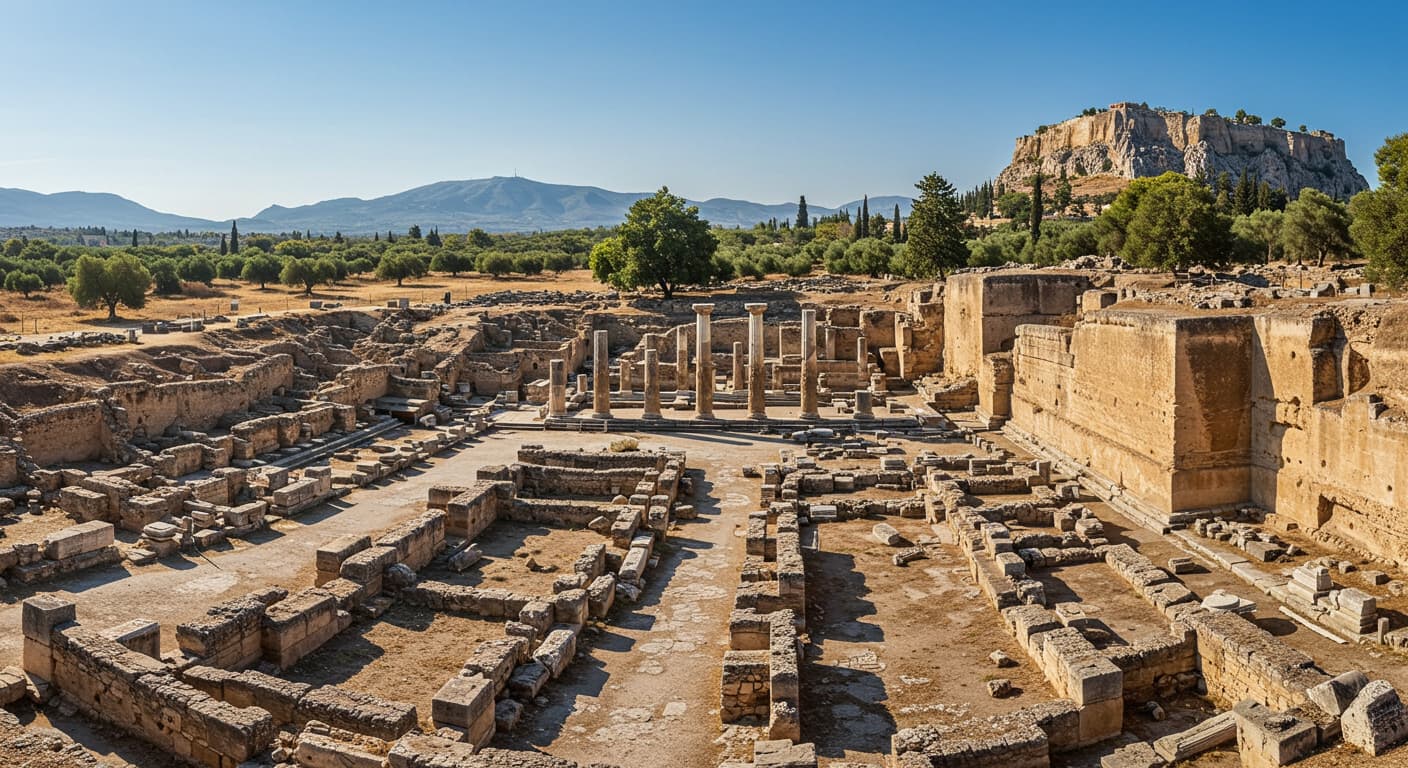
Explore the significant cities of the Old and New Testaments. Uncover their historical importance and biblical connections.

A major city of ancient Mesopotamia and an influential city in the Old Testament.
Learn More
The capital of the Assyrian Empire, significant for its power and later repentance.
Learn More
The most significant city in the New Testament, scene of Jesus' ministry and crucifixion.
Learn More
A major city on the Sea of Galilee, frequently visited by Jesus and where he based his ministry.
Learn More
A major center for early Christianity, where the term "Christians" was first used.
Learn More
Jerusalem in the Old Testament is central to the narratives of the Israelites, where they established their capital, built the Temple, and experienced pivotal events in their history.

Babylon is portrayed as a powerful and influential city in the Old Testament, where the Israelites experienced exile and captivity.

Jericho, known as one of the oldest cities in the world, was significant in the Israelites' conquest of Canaan after their exodus from Egypt.

Ur, located in ancient Mesopotamia, is renowned as the birthplace of Abraham, a key figure in the Old Testament and patriarch of Israel.

Nineveh was the capital of the powerful Assyrian Empire, known for its size, wealth, and ultimately its repentance.

Jerusalem in the New Testament was the center of Jesus' earthly ministry, including his teachings, his last supper, crucifixion, and resurrection.

Capernaum was a frequent location of Jesus' teachings and miracles, a key city on the Sea of Galilee where he based his ministry.

Bethlehem, though small, is of great significance in the New Testament as the birthplace of Jesus, a fact foretold in Old Testament prophecies.

Corinth was a major port city in Greece, an important site for Paul's missionary activities and a significant city in the early church.

Antioch was a significant city in the early Christian church, where the followers of Jesus were first called "Christians."